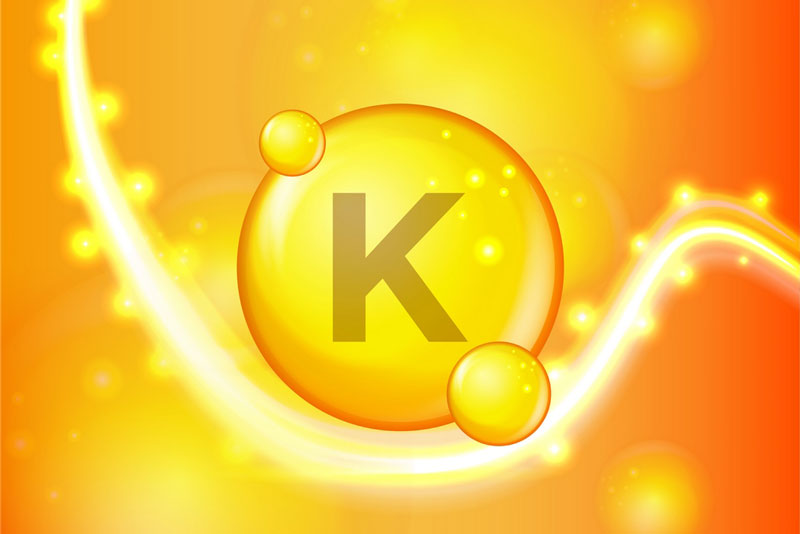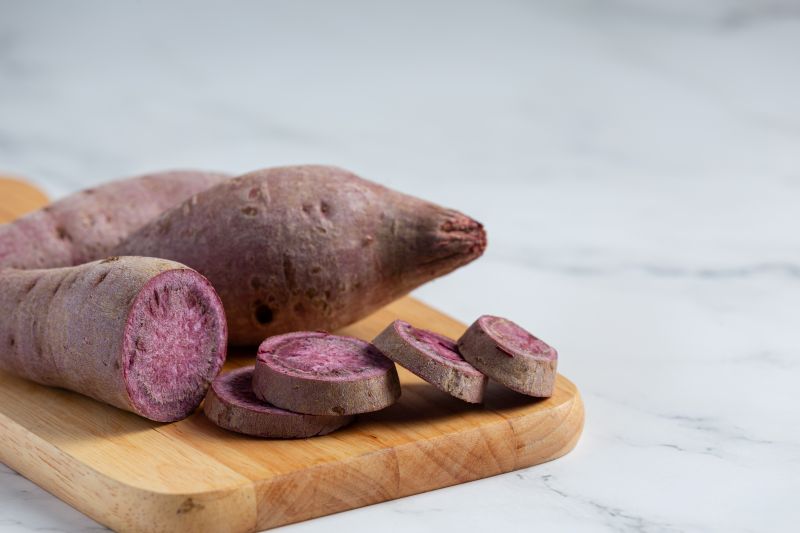Hypokalemia is a medical condition in which the level of potassium in the blood drops below the normal range. This electrolyte imbalance can lead to a variety of health problems, including fatigue, muscle cramps, and in severe cases, cardiac arrhythmias. Since potassium plays a vital role in muscle function, nerve signaling, and cardiovascular health, replenishing this mineral through a well-balanced diet is crucial. Below, we’ll explore key foods for hypokalemia and how to incorporate them into a healthy daily diet.
1. Understanding Potassium’s Role in the Body
Potassium is an essential mineral and electrolyte that helps regulate several critical bodily functions. It supports normal muscle contractions, transmits nerve impulses, and helps maintain a regular heartbeat. A potassium level below 3.5 mmol/L is considered hypokalemia and may cause symptoms such as muscle weakness, spasms, numbness, or irregular heart rhythms.
The most common causes of potassium loss include excessive sweating, diarrhea, vomiting, and certain medications such as diuretics. To counter this, dietary potassium supplementation offers a natural and safe approach to correcting the deficiency, especially when guided by medical advice.

Potassium is an essential mineral that plays a central role in regulating various bodily functions.
2. Top Potassium-Rich Foods for Hypokalemia
2.1 Bananas – A Potassium Powerhouse
Bananas are widely recognized for their high potassium content, offering about 400–450 mg per medium-sized fruit. Their convenience and digestibility make them an ideal choice for people recovering from hypokalemia. In addition to potassium, bananas contain simple carbohydrates for quick energy, as well as fiber to support digestive health.
You can consume these foods for hypokalemia on their own, blend them into smoothies, or combine them with yogurt for a nutrient-dense snack. For active individuals or those prone to potassium loss through sweating, one banana a day can help maintain electrolyte balance.
2.2 Sweet Potatoes – Nutrient-Rich and Potassium-Dense
Sweet potatoes are not only a common staple in many diets but also provide approximately 500 mg of potassium per medium-sized tuber. They are a rich source of complex carbohydrates, vitamin A, and dietary fiber, offering sustained energy without spiking blood sugar levels making them suitable for individuals with diabetes or those managing their weight.
Whether boiled, baked, or steamed, sweet potatoes retain their potassium content and can be paired with leafy greens or lean proteins like eggs for a well-rounded meal.

Sweet potatoes are not only a traditional staple food but also an excellent source of potassium.
2.3 Citrus Fruits – Refreshing and Potassium-Rich
Citrus fruits such as oranges, grapefruits, and lemons are excellent sources of potassium and also deliver vitamin C for immune support. A medium-sized orange contains around 240 mg of potassium, and fresh orange juice can quickly replenish electrolyte levels, especially on hot days or during recovery from illness.
Eating whole citrus fruits also provides fiber, aiding digestion and promoting satiety. With their low calorie content, these fruits are ideal for individuals monitoring their weight while needing to boost potassium intake.
2.4 Leafy Green Vegetables – An Overlooked Source of Potassium
Dark leafy greens like spinach, kale, and amaranth are surprisingly rich in potassium. A single serving of cooked spinach can deliver up to 800 mg of potassium. These vegetables are also high in magnesium, iron, and vitamin K, contributing to overall wellness.
They can be sautéed lightly with garlic, steamed, or blended into smoothies. For those not accustomed to eating greens, adding them to soups or salads can enhance both flavor and nutritional value.
2.5 White Beans and Nuts – Potassium with Protein
White beans, black beans, almonds, and cashews are excellent choices for restoring potassium. A cup of cooked white beans contains 600–700 mg of potassium, along with protein and fiber for long-lasting satiety. Although nuts have slightly lower potassium levels (around 200 mg per 30 grams of almonds), they are portable and make excellent snacks.
Beans can be added to soups, stews, or salads, while nuts can be enjoyed on their own or mixed with dried fruit for a potassium-rich snack.
3. Practical Tips for Managing Hypokalemia Through Diet
– Plan balanced meals: Start the day with a banana-orange smoothie. For lunch, combine roasted sweet potatoes with sautéed spinach. Include a handful of almonds or a bean-based salad as a snack.
– Choose healthy cooking methods: Steaming, boiling, or baking helps retain potassium. Avoid frying or heavily salted preparations, which can increase sodium and lead to further potassium loss.
– Stay hydrated: Adequate fluid intake helps your body absorb and utilize potassium efficiently.
– Limit potassium-depleting factors: Reduce consumption of processed foods high in sodium, as well as caffeine and alcohol, which may contribute to potassium excretion.
– Consult your doctor: If you are taking diuretics or other medications that affect electrolyte balance, speak with your healthcare provider about dietary adjustments.

While dietary intake can help improve potassium levels, it is still important to consult a doctor if any unusual symptoms occur.
4. When Diet Alone Isn’t Enough
While potassium-rich foods play a crucial role in managing mild to moderate hypokalemia, they may not be sufficient in severe cases. If you experience symptoms such as persistent muscle weakness, abnormal heart rhythms, or seizures, seek medical attention immediately. In such cases, potassium supplements or intravenous administration may be required under a doctor’s supervision.
In conclusion, managing hypokalemia through food is both practical and beneficial. Bananas, sweet potatoes, citrus fruits, leafy greens, and legumes are all excellent sources of potassium and offer additional health benefits. With the right dietary strategy, you can restore balance naturally and promote overall well-being. Always monitor your symptoms and consult a healthcare provider when needed to ensure effective treatment and recovery.








